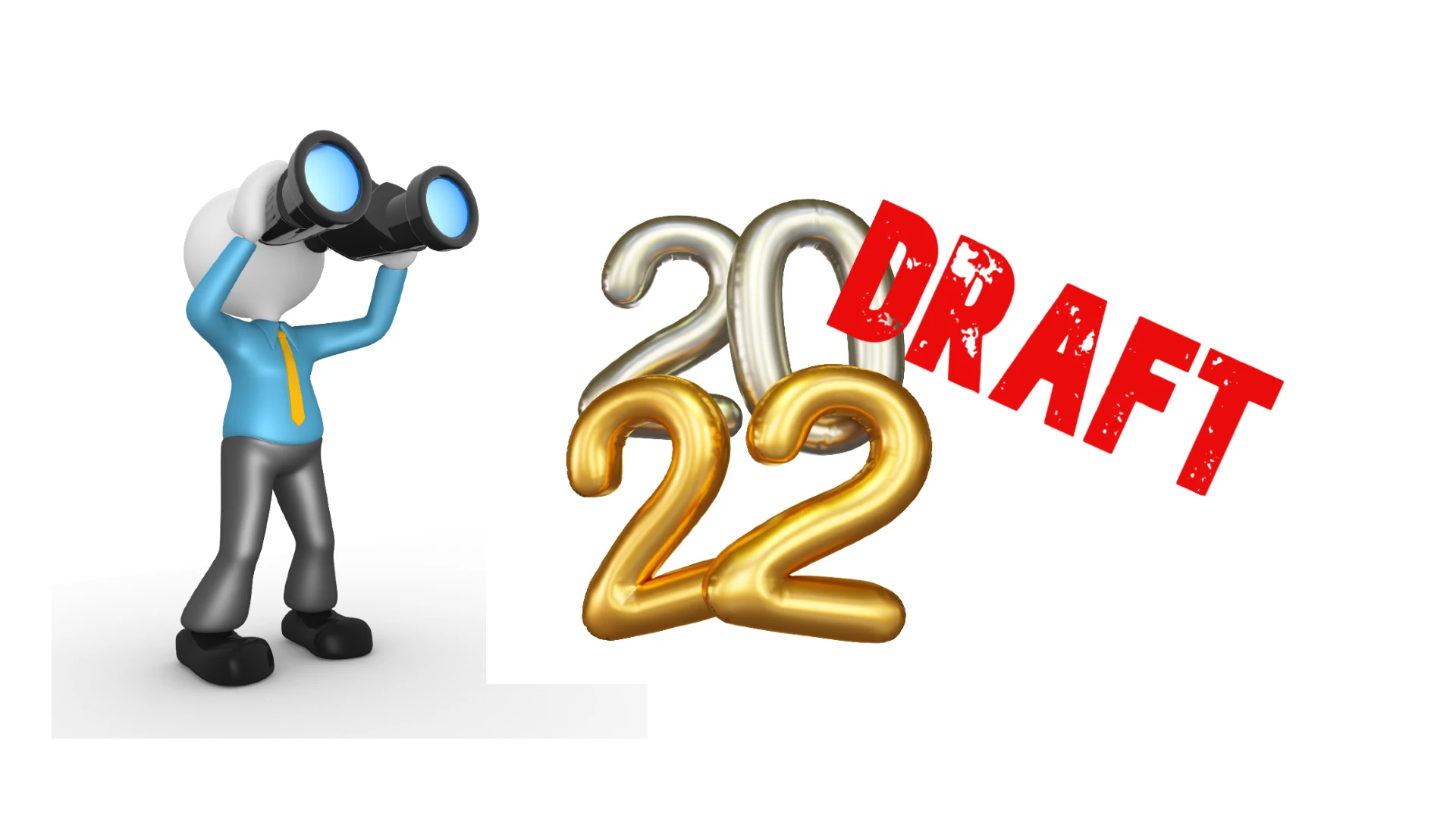We welcome your suggestions!
A new opportunity has emerged from our experience in 2021: During 2021, globally and with MCLD National Chapters, we have experienced new possibilities for advancing our agenda. These have brought together:
- Major donors that recognize the advantage of community mobilization for achieving their own sectoral goals – such as nutrition – goals which also require multi-sectoral strategies.
- The attractiveness to donors of interacting not with single organizations but with MCLD as a whole – a network offering large-scale access to community-based organizations (CBOs) while providing CBOs with much needed financial support in accountable ways, leveraging the strengths of INGOs in ensuring this works for all parties.
- A spirit of constructive engagement with the local government system.
- Access to well-thought-out and widely respected tools and methodology (the CLD assessment tools, its training, and community mobilization methodologies such as the VCA, CVA and similar workshops).
These have been reflected in the Dutch-funded Right2Grow program in Uganda and a new SDC funded program in Benin.
Similarly, local government systems have approached us in Kenya and Zambia, eager to partner with MCLD to “do CLD right” and at a larger scale than individual NGOs can do alone. There is a desire for programs such as the one Mexico pioneered with the EU in providing a strong School for Community-led Development that builds both the mindset of CLD and strengthens the capacities of civil society and local government actors to work together effectively.
Our role in 2022 is to be an intentional catalyst – a space to bring together donors, local governments, INGOs and CBOs for large-scale, funded CLD programs that are locally designed to local needs and contexts, yet share this commitment to multi-sectoral, community-led collective action.
What we need to do in 2022:
- Build the global momentum for CLD through analysis, perhaps a “State of CLD” report or even a CLD Summit among all actors.
- Stronger financial and human-resource commitments to this process from INGOs
- Expanding the ability of MCLD to establish and manage small-grant pool funds to CBOs vetted by the local chapter in a transparent and democratic way.
- A well defined “School of CLD” curriculum that trains, certifies and mobilizes a cohort of community facilitators utilizing agreed good practice in community mobilization.
- Connect with donors and start the negotiating process of local co-creation and formation of consortia-based programs that meet the objectives of all participants.
Where we could be in 2024, would be a large number of low-income countries launching well-funded consortia working for collective, measurable impact through community-led processes.


